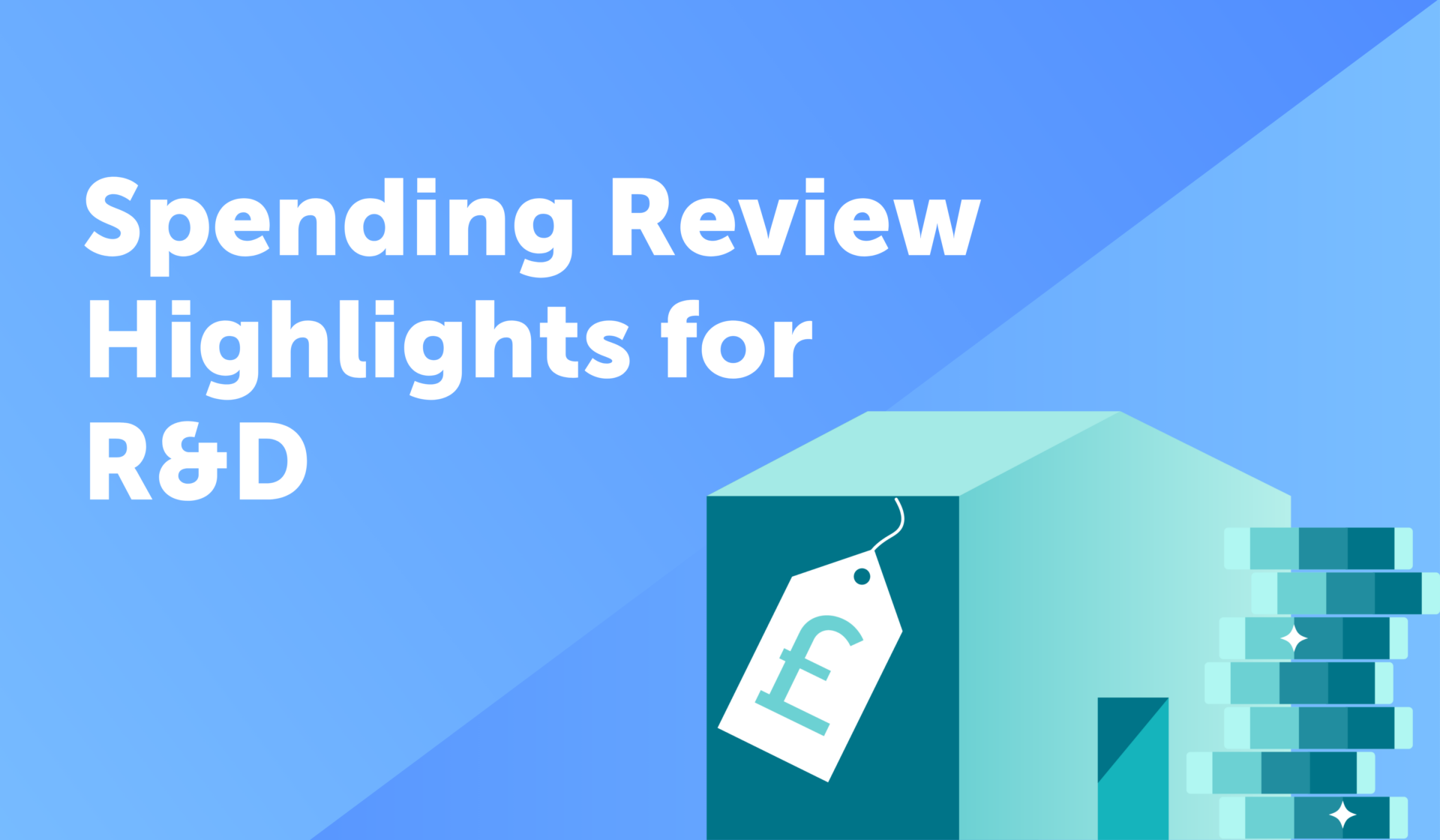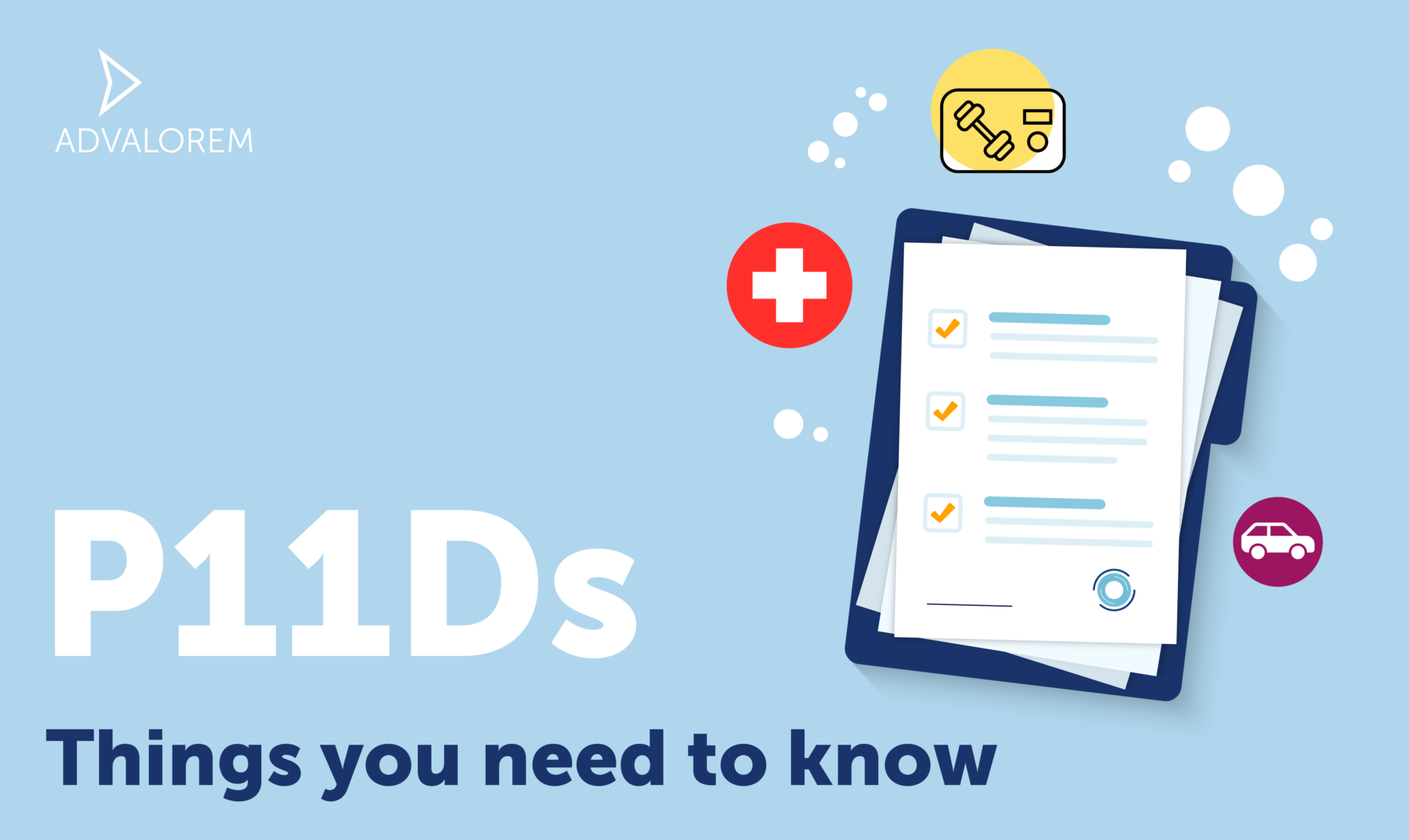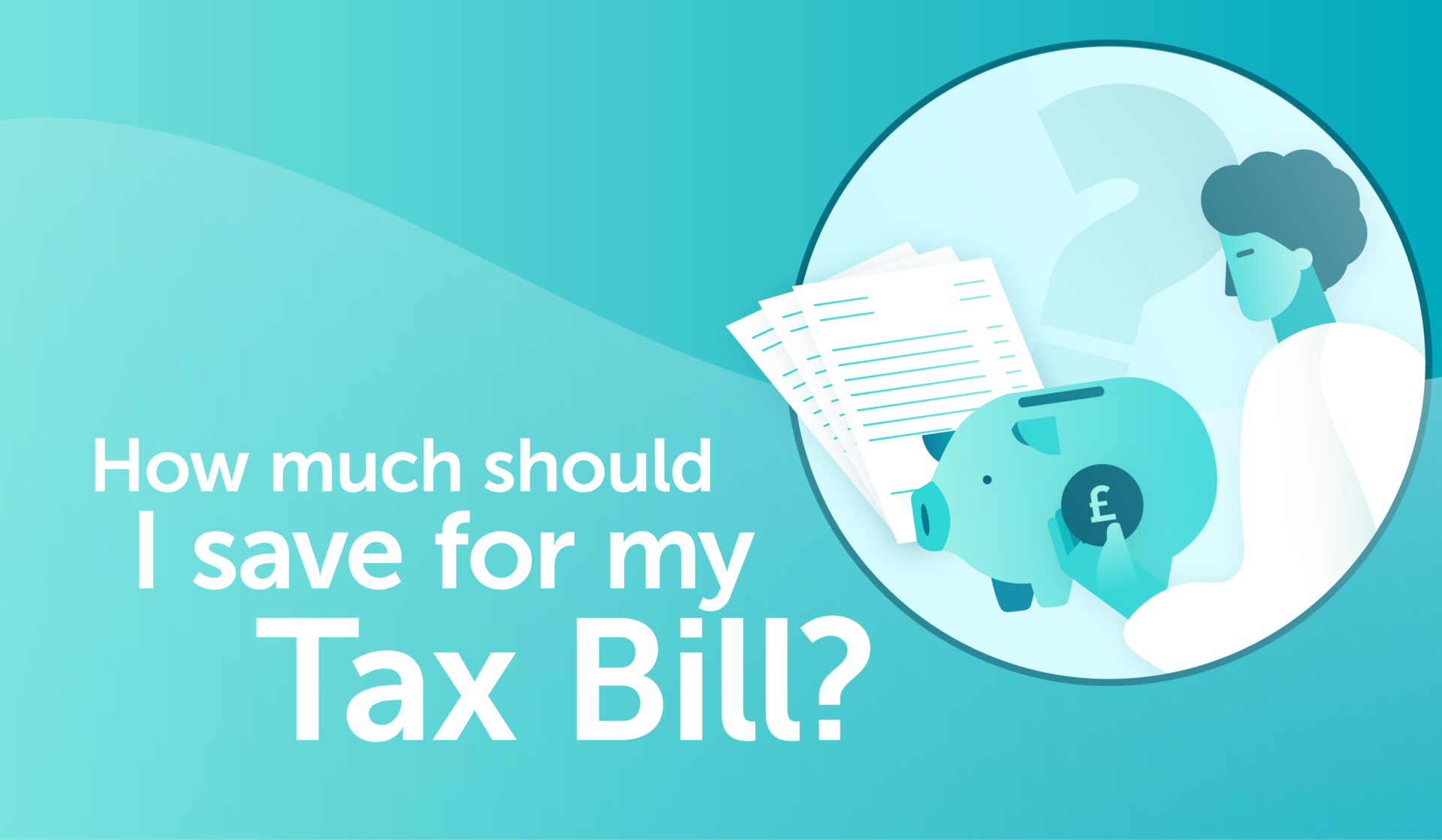
What is the most tax-efficient way to pay myself? - Ad Valorem
4 minutes
What is the most tax-efficient way to pay myself?
What is the most tax-efficient way to pay myself, through a limited company: Salary vs. Salary & Dividends.
When it comes to paying yourself through a UK limited company, there are two main methods which director shareholders tend to use. These are either just salary or a combination of salary and dividends. The choice between these two approaches can significantly impact your tax efficiency and personal financial situation. In this article, we’ll explore the advantages and considerations of each method. However, it is always worth speaking with your accountant to explain your individual circumstances, so they can advise you the most appropriate way to pay yourself.
Paying yourself a Salary
Advantages of Paying Yourself a Salary:
Paying yourself a regular salary from your limited company offers several advantages:
Utilising your Personal Allowance: Individuals have tax-free personal allowance, which allows you to earn a certain amount of income before paying income tax. The current personal allowance is £12,570 (tax year 2024-25). By paying yourself a salary up to this threshold, you pay no income tax on this portion of your earnings.
National Insurance Contributions: Paying a salary also entails National Insurance (NI) contributions, both for employees and employers. While this reduces your take-home pay, it contributes to your eligibility for state benefits and your entitlement to the state pension.
Tax Payment Frequency: Paying yourself a monthly salary through PAYE means you will be taxed at source, and therefore your tax will be paid on a monthly basis. Tax on dividends is often dealt with under the Self-Assessment process and payments are taken in January and July the following year.
Considerations When Choosing a Salary:
When opting for a salary, consider the following factors:
NI Contributions: Be aware of the NI contributions you and your company will need to make. These contributions depend on your salary level.
Regular Income: A salary provides a predictable and regular income stream, which can be essential for managing your personal finances.
Corporation Tax: When paying yourself a salary through PAYE, it is a tax-deductible business expense, meaning that your salary is deducted from profits before your corporation tax is calculated.
Paying yourself a mixture of Salary and Dividends
Advantages of a Mix of Salary and Dividends:
Many limited company owners choose a combination of salary and dividends to maximize tax efficiency and financial flexibility:
Tax Efficiency: Dividends are taxed at a lower rate than regular PAYE income, making them an attractive option. You can use your personal allowance for salary income and then take dividends up to the dividend tax allowance £500 (tax year 2024-25) without paying any income tax. Any further dividends are taxed at 8.75% within the basic rate band (£50,270) and 33.75% within the higher rate band.
Balancing Income: This approach allows you to balance your income needs. You can pay yourself a modest salary to utilize your personal allowance and then supplement your income with dividends as needed.
NI Contributions: Depending on the level of salary you pay yourself, you may not need to make any National Insurance payments, but you will still accrue the benefits of National Insurance contributions (i.e. State Pension).
Considerations When Choosing a Mix of Salary and Dividends:
When considering a mix of salary and dividends, keep the following in mind:
Available Profits: Ensure that your company has sufficient available profits to pay dividends legally. These profits are calculated after accounting for expenses, taxes, and retained earnings.
Corporation Tax: As dividends are paid out of the business profits, dividends do not reduce the corporation taxdue, as the tax is calculated before dividends are accounted for.
Tax Regulations: Stay informed about the latest tax regulations and rates, as they can change over time. Consult with a tax advisor to ensure compliance.
Conclusion
Deciding whether to pay yourself a salary or a combination of salary and dividends from your limited company is a crucial financial decision. The choice ultimately depends on your personal financial situation, business circumstances, and tax regulations. Both methods offer advantages and considerations, and there is no one-size-fits-all answer. It is worth noting that it is less tax advantageous than historically, to pay yourself via a split of salary and dividends, due to tax rate changes across Income Tax, Dividend Rates and Corporation Tax.
To make an informed decision, assess your unique situation, consult your accountant, and align your payment strategy with your financial goals and long-term business plans. Stay vigilant about tax legislation changes to ensure continued tax efficiency.
(E) enquiries@advaloremgroup.uk (T) 01908 219100 (W) advaloremgroup.uk







